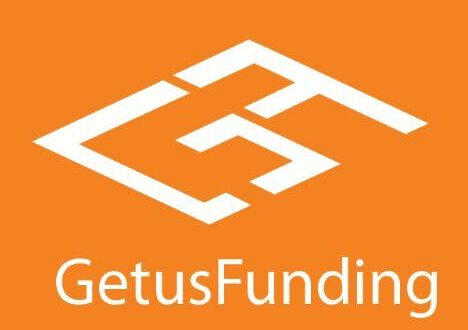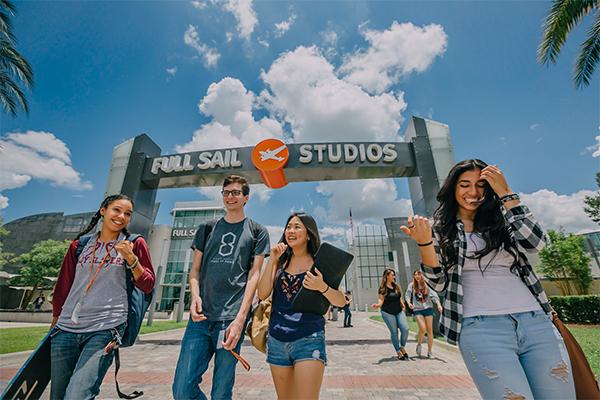Are you considering Full Sail University? Exploring its pros and cons can help you make an informed decision. Full Sail’s hands-on approach fosters creativity and practical skills, but its intensive programs might not suit everyone. This article covers the advantages of its specialized education and the potential drawbacks to help you weigh your options effectively.
Pros And Cons Of Full Sail University
Here are the Pros And Cons Of Full Sail University:
Pros of Full Sail University
Accelerated Programs
Full Sail University offers accelerated programs that allow students to complete their degrees in a shorter time compared to traditional colleges. This means you can dive into your chosen field and gain skills faster. It’s beneficial if you’re eager to enter the workforce sooner, but it also means the coursework can be intense and demanding.
Experienced Faculty with Industry Backgrounds
The university boasts instructors who have real-world experience in the industries they teach about. This translates to practical insights and valuable knowledge for students. Learning from these experienced professionals can provide a unique perspective and relevant skills, but it might also mean a focus on practical knowledge over theoretical foundations.
Networking Opportunities
Full Sail provides numerous chances to connect with industry professionals and other students. Networking events, career workshops, and collaborations with industry partners can open doors for future job opportunities. However, networking might require extra effort and not all students might find it easy or comfortable.
State-of-the-Art Facilities
The university is equipped with cutting-edge technology and facilities relevant to various industries. From studios for music and film to labs for gaming and tech, these resources offer hands-on experience. Yet, relying heavily on these facilities might mean less emphasis on traditional classroom learning, which could be a limitation for some learning styles.
Industry-Focused Education
Full Sail University prioritizes teaching skills that directly apply to various industries. The curriculum often aligns with current industry trends and practices, providing relevant and up-to-date knowledge. This approach can better prepare students for the professional world. However, it might mean a narrower focus on specific skills rather than a broader educational foundation.
Career Development Support
The university offers support for students’ career development through resources like career counseling, resume assistance, and job placement services. This assistance can be invaluable in starting your career, but the competitiveness of certain industries might mean it’s still a challenging path to secure desired positions.
Fosters a Creative Community
Full Sail thrives on creativity and encourages a vibrant community of artists, innovators, and creators. Collaborative projects, clubs, and events foster an environment where creative minds can flourish. However, not all disciplines might find this environment equally beneficial, and some students might feel pressure in such a creatively competitive atmosphere.
Strong Alumni Network
Full Sail University boasts a robust alumni network, providing an invaluable resource for current students. Alumni often engage with the university, offering mentorship, networking opportunities, and even potential job prospects. However, the effectiveness of this network might vary based on individual connections and industries, and not all graduates may actively participate in this network.
Career-Focused Curriculum
The curriculum at Full Sail is designed to align closely with real-world career demands. This means that the education provided is directly applicable to the professional landscape. This approach can offer a clear career trajectory, but it might leave less room for exploration in other academic areas.
Project-Based Learning
Full Sail emphasizes project-based learning, allowing students to work on practical assignments that mirror industry scenarios. This hands-on approach enhances practical skills and offers a taste of real work environments. However, this approach may be intense and demanding, and some students might prefer a more traditional classroom-based learning structure.
Cons Of Full Sail University
Limited Traditional Campus Amenities
Full Sail University, known for its specialized focus, might lack some traditional campus amenities commonly found in traditional colleges. These might include fewer sports facilities, a smaller library, or limited extracurricular activities. While the emphasis is on industry-specific resources, those seeking a more traditional college experience might find this lacking.
Employment Outcomes Might Vary
While the university provides career development support, actual employment outcomes can vary. Factors such as industry demand, individual skill sets, and market fluctuations can influence job placement rates. Some graduates might secure desired positions swiftly, while others might face more challenges in finding employment within their field.
For-Profit Status
As a for-profit institution, Full Sail operates differently from non-profit colleges. While this doesn’t inherently diminish the quality of education, it can lead to a different focus on financial aspects. Tuition rates might be higher, and some students might be concerned about the institution’s financial interests potentially influencing certain policies or practices.
Location Might Not Suit Everyone
Located in Florida, Full Sail’s setting might not appeal to everyone. Some students might prefer a more urban or rural environment, or simply a different climate. The location might not provide the lifestyle or surroundings that all students desire, especially those who prefer a different cultural or geographical setting.
Limited Traditional Campus Amenities
The focus at Full Sail University is on industry-specific resources rather than traditional campus amenities. While this approach caters to hands-on learning, it might mean fewer traditional facilities like sports complexes or expansive libraries. For those seeking a more traditional college experience, this could feel limited and might impact their overall satisfaction with the campus environment.
For-Profit Status
Full Sail, as a for-profit institution, operates with a different financial structure compared to non-profit colleges. While this status doesn’t necessarily compromise the quality of education, it might lead to higher tuition fees. Concerns about the institution’s financial motivations influencing certain decisions or policies could raise questions for some students about the institution’s priorities.
Location Might Not Suit Everyone
Situated in Florida, Full Sail’s location might not align with everyone’s preferences. Some students might not favor the climate, urban setting, or even the overall culture of the location. For those who desire a different atmosphere or seek a location that better fits their lifestyle, the Florida setting might not be ideal.
High Tuition Costs
The cost of attending Full Sail University is higher compared to some other educational institutions. The specialized nature of the programs and the resources provided contribute to these higher tuition fees. While the education may be of value, the financial burden might deter potential students or lead to concerns about the return on investment, especially considering employment opportunities after graduation.

